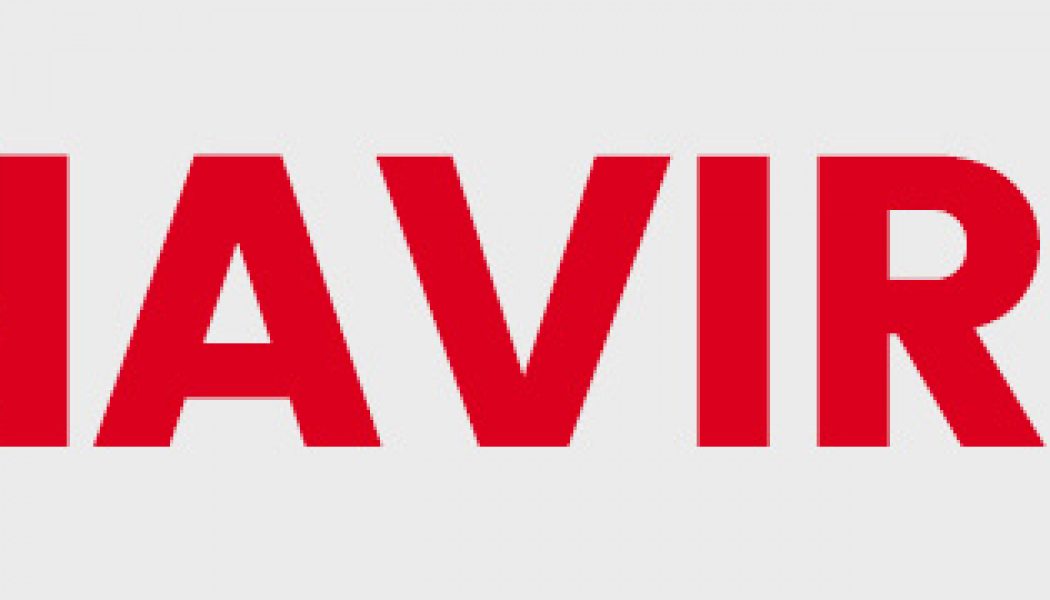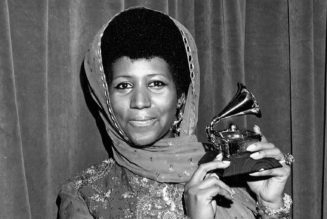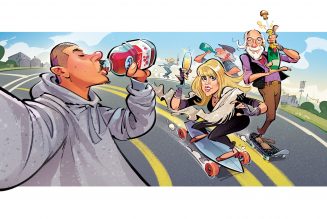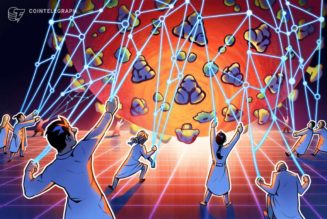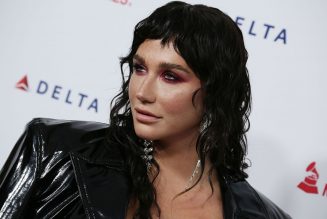In a series amid the coronavirus pandemic, Billboard is asking individuals from all sectors of the music business to share stories of how they work now, with much of the world quarantined at home and unable to take in-person meetings, attend conferences or even go into the office. Submissions for the series can be sent to HowWeWorkNow@Billboard.com. Read the full series here.
This installment is with Amanda Presson, vp of city operations at intimate concert series company Sofar Sounds.
Amanda Presson: [The shutdown] was such a huge shift for us, because we are so focused on the live event experience and bringing our communities together in person. After we had to halt our core business, our first thought went to, “How do we continue to support artists?” That was such a big part of our mission: Bringing communities together, having them in the same space and being able to connect audiences with artists.
We all went away and tried to think about how we could pivot. We have a lot of skills — we obviously have this amazing network of artists and fans — and out of that came this idea of the Listening Room. I think a big part of it was that we wanted to encourage our audience to keep listening to the music that was out there. We were seeing how devastating the pandemic was going to be for artists. Just at Sofar, we had about 1,000 events that were impacted by the pandemic.
In about 10 days, we built the technology and created our brand campaign around the Listening Room, and it’s been really amazing. We produce one livestream per day and we’re still able to showcase artists from all around the world. You could tune in any day and see someone from New York, where I am, or you could see someone playing from their living room in Brazil. It’s an opportunity for artists not only to connect, but earn a bit of income as well. That’s been a real positive side of this, in a time when we know that they’re really affected by this financially.
It’s much more complicated than the average person might think. You’re sitting on your side of the laptop, watching this beautiful performance, not necessarily thinking about what goes on behind the scenes, and there are so many different facets to it. It’s having the right equipment; having the artist have the right equipment; and doing all of that during a pandemic, when everyone is quarantined, is challenging.
And that’s just in the room itself. Then we actually have to translate that to our website. We needed to do that a handful of times with an audience that we knew would forgive our mistakes in order to really see it through. I think we’ve gotten a lot better, but it was trial and error at the beginning of this ride.
It’s the engagement that stands out. It really is. It’s having engagement in the chat feature, or having the artist who is live streaming actually call out names and cities where people are tuning in from. Because we all are finding ourselves in this online content overload, where you can get a bit of fatigue tuning into all of these livestreams and Zoom calls. Having that interaction makes it different.
We were in such a unique position because we already did have a very [globally] distributed team and a distributed company. My department is based in about 30 cities around the world and that’s just our full-time team. I think the biggest challenge was that a huge part of our culture and our work was actually attending shows, producing those shows and working together in-person with our community. It wasn’t actually taking meetings from Zoom or working from home [that was challenging], but the lack of creating the product in person.
We’re a super social, connected group of people, so not having that and not being able to see your work play out in-person has been a struggle. What I’ve found is really amazing is that we all still rally around the Listening Room every day. Whenever we have that livestream, we have a dedicated Slack channel and everybody tunes in, starts chatting, discusses, “What are you drinking today? I have a turmeric latte.” Everybody talks about what their background is and where they’re tuning in from. That’s been a nice social aspect of it.
For me, the biggest help has been to give myself space — whether that’s taking a little bit of time to go for a walk in a park, if you feel comfortable doing that, or taking time to make lunch and put your computer away. It seems so small, but for me, those were the lines that were getting blurred at home. I’m fortunate enough to live with my partner and he and I have really held each other accountable on that: “It’s two o’clock, let’s shut our computers and go for a walk in the park.” We’re dealing with so many pressures at work, at home, in the world and you’ve got to take care of yourself.
One of the biggest challenges right now is the uncertainty in the landscape. With the changes we’re seeing as the pandemic surges in new places, it really is hard to know how to plan for that future. Like anyone in the music industry, we’re looking forward to the day that we can return to live events. But the health and safety of our artists, crew, staff and community is the most important. We don’t want to rush. We don’t want to necessarily be the first to [resume live shows].
Managing and monitoring all the different recommendations out there can be confusing and difficult to manage. Having a measured approach to it and making sure we’re monitoring all of our markets around the globe, that’s our focus for the time being. Even after we are able to see people in person and have live events, it’s really important to us to keep the Listening Room going in addition to live events. It’s gotta be a hybrid.
Naturally, we are better suited for a return because of the smaller size [of our events] and a little bit more flexibility exists for something like Sofar. I just keep thinking about the live music industry as a whole, and wondering how and what it’s going to look like after this. The one thing I’ve seen is that the artist community is so strong. We’ve seen artists really band together and come up with creative ways to keep playing. I think we have enough creative minds around the industry to put forward what could be a better way of experiencing live music. I can definitely hope for that.
